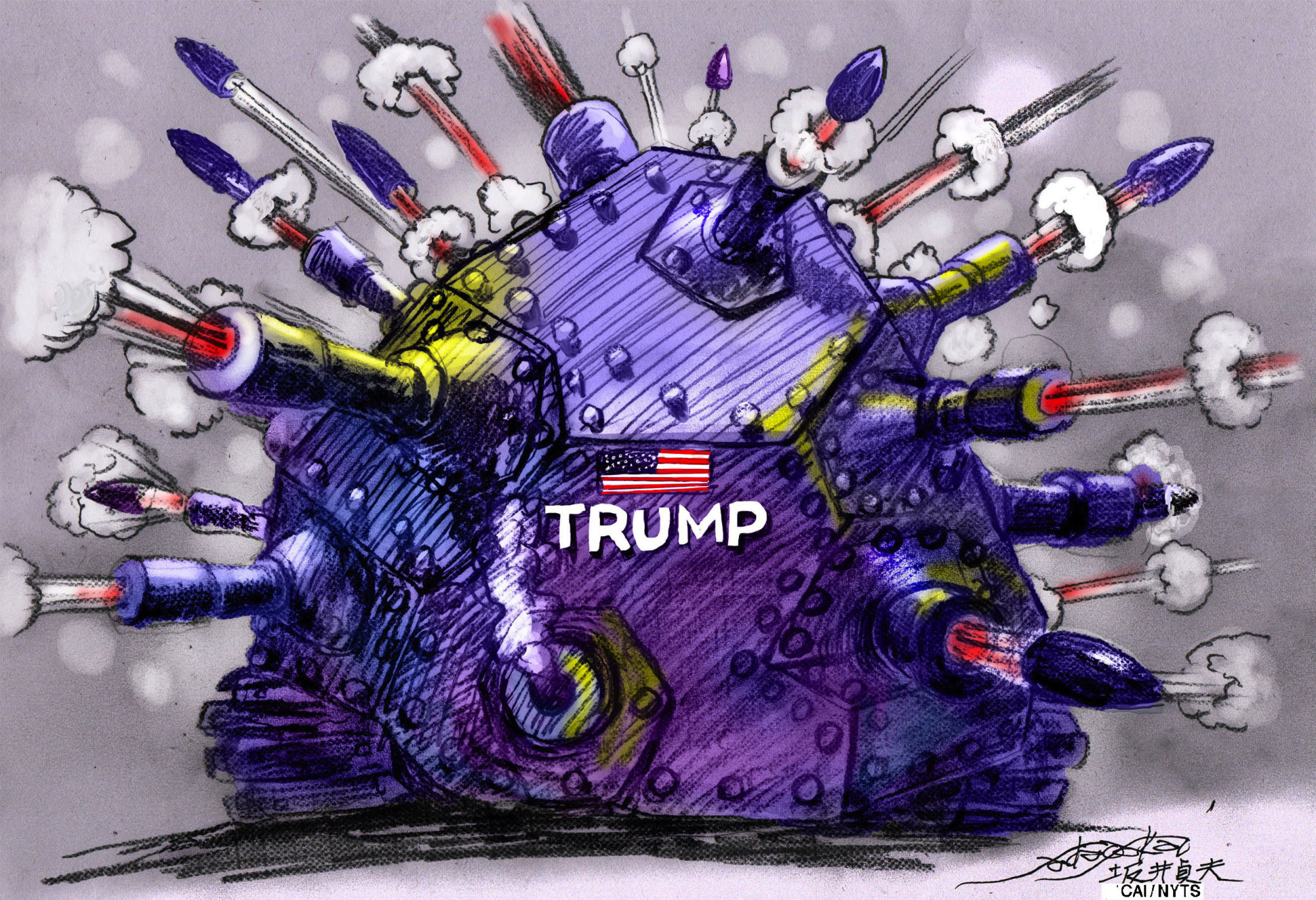The commentariat is bursting with speeches, diatribes, essays, analyses, stories and tweets about the impending collapse of the post-World War II international order. This threatens global peace and prosperity, even if we're not entirely sure how the threat might actually materialize.
When we say "the post-World War II international order," we mean a series of political, military and economic alliances whose members pursue common goals and embrace common values. Led by the United States, the system arose during and after the war mainly as a counterpoint to the Soviet Union. Countries believed that their narrow national interests were served by advancing a collective agenda.
It is this system — a state of mind as much as a set of formal obligations — that is now coming apart, reeling from U.S. President Donald Trump's frontal assault on its premises. But, although Trump is the immediate cause of the present turmoil, he is not the only cause. Let's examine the larger context.



















With your current subscription plan you can comment on stories. However, before writing your first comment, please create a display name in the Profile section of your subscriber account page.